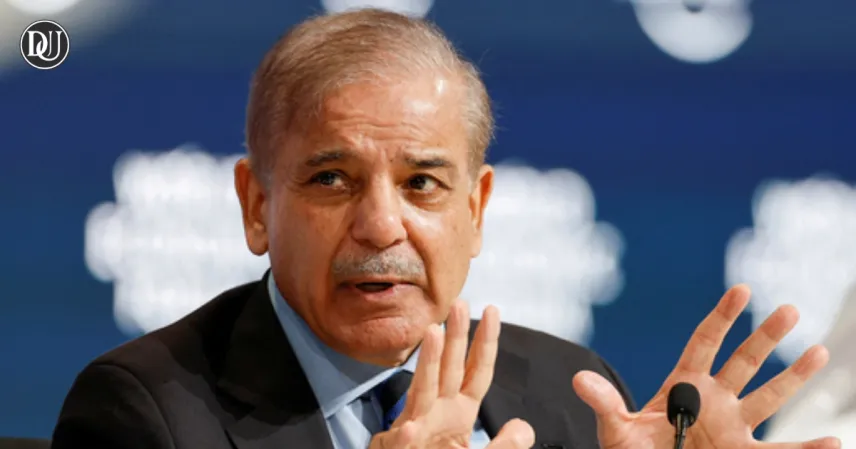In the wake of the tragic terrorist attack in Pahalgam, Jammu and Kashmir, which claimed 26 innocent lives, Pakistan’s leadership has gathered to address the rising tensions with India. The attack, which targeted tourists in the peaceful town, has deeply shaken the nation, leading to swift reactions from India.
India’s Swift and Strong Response
In response to the attack, India made bold moves. The government suspended the Indus Water Treaty with Pakistan, closed the Attari-Wagah border, and expelled Pakistani diplomats. These steps were a clear indication of India's frustration and its determination to hold Pakistan accountable for the violence that continues to spill over the borders. Among the most controversial decisions was the suspension of the water treaty, a lifeline for many in both countries, raising alarm about what might come next.
Pakistan's Leadership Gathers to Discuss Next Steps
In light of these developments, Pakistan’s top leaders, including Prime Minister Shehbaz Sharif, military heads, and key ministers, have come together for an emergency meeting. The National Security Committee will be discussing how to respond to India’s actions and what diplomatic, economic, or military steps should be taken. This high-level meeting is crucial, as the outcome will determine the direction of Pakistan’s relations with India in the coming days and weeks.
What’s at Stake?
The Pahalgam attack and the responses from both sides have once again put the fragile peace between India and Pakistan at risk. Both nations have faced decades of tension, and each new incident adds fuel to the fire. While the attack in Pahalgam was a heartbreaking tragedy for many, it also serves as a reminder of how delicate the relationship between these two neighbors truly is.
Looking Ahead: The Need for Peace
As the leaders of Pakistan deliberate, there’s a quiet hope that both sides will prioritize dialogue over conflict. Tensions are high, but it’s crucial for the future of both nations—and for the people who call this region home—that peace is sought. The next few days will be pivotal in determining whether this crisis leads to more division or opens the door for greater understanding and cooperation.
The world watches, hoping that wisdom and restraint will guide the leaders of both countries toward a more peaceful path.










